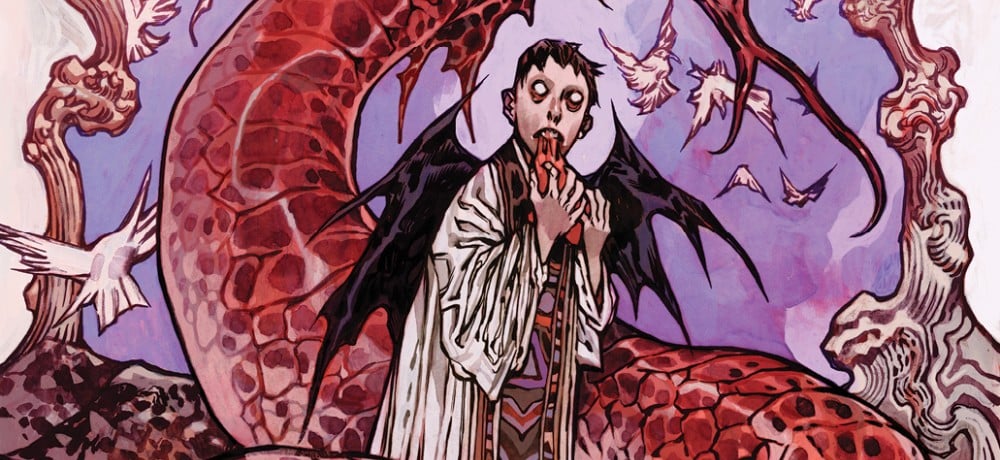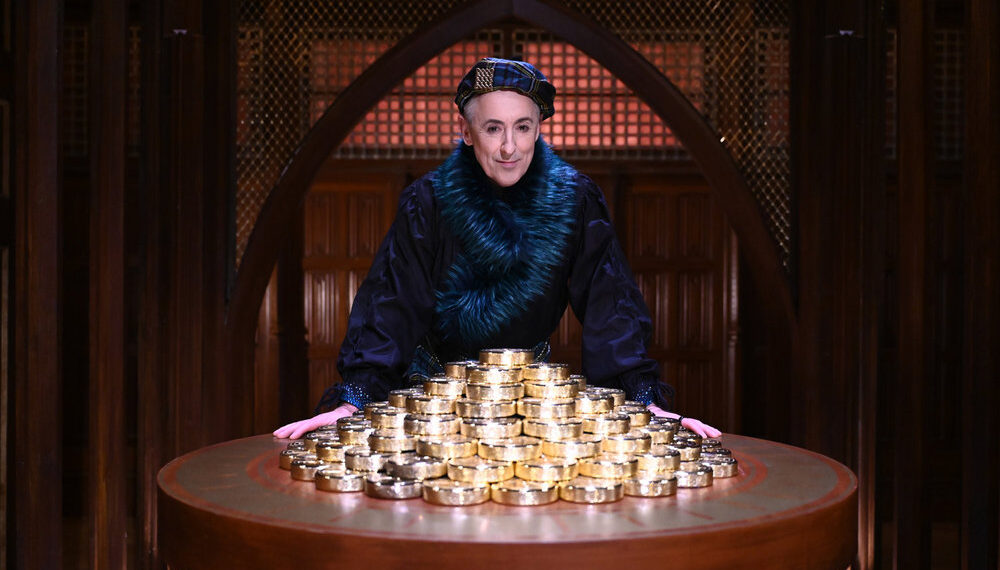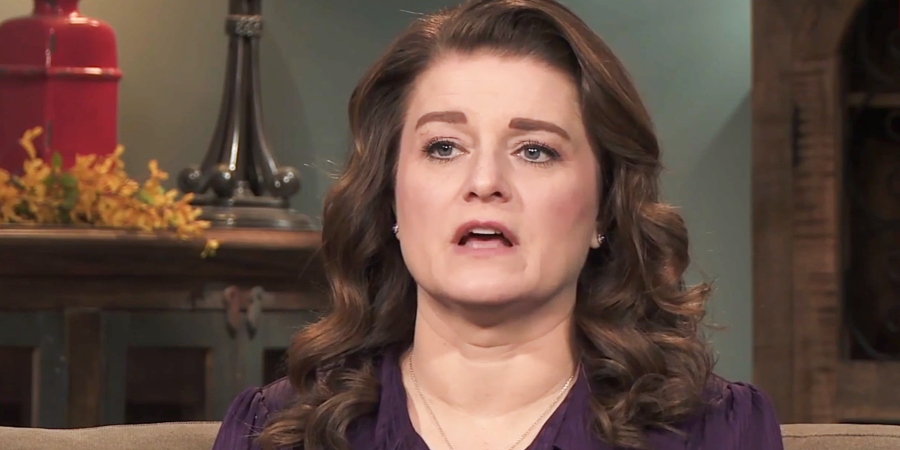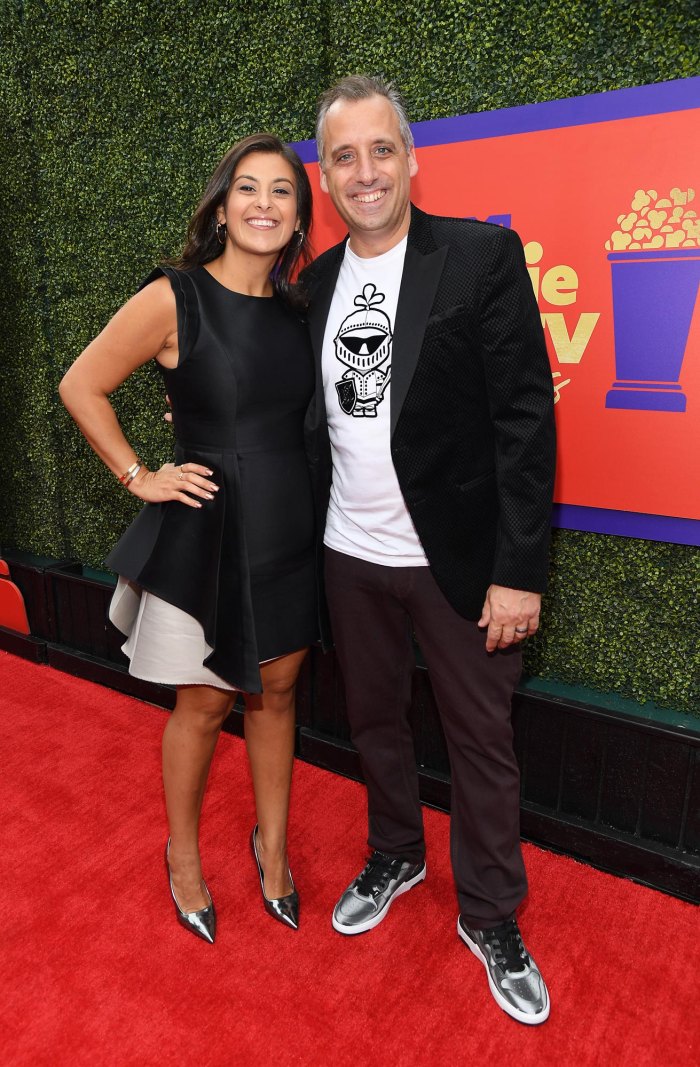
In Doctor Strange in the Multiverse of Madness, Sam Raimi returns to the Marvel Universe for the first time in 15 years and delivers the MCU’s most batshit crazy movie to date. Too bad it’s marred by some of the franchise’s worst writing.
I’d explain the plot except it doesn’t really matter (that’s not necessarily an insult); just know it involves plenty of universe-hopping antics, a threat that could tear the fabric of reality apart, and some of the most satisfying Easter eggs and cameos since the MCU’s inception. Sam Raimi (for you youngsters, he’s the guy who made the original Spider-Man and Evil Dead franchises, though he unfortunately is also responsible for Oz the Great and Powerful) also seems entirely content introducing new, highly anticipated characters to the MCU and promptly ripping them, and what they represent, to shreds.
What this new Doctor Strange 2 does well is that it connects to other Marvel stories, most notably the Disney+ show WandaVision, while flexing outside the comfort zone of the MCU at opportune times. Specifically, Doctor Strange is the closest thing to a horror movie the MCU has seen, with demons, zombies, reincarnated superheroes, jump scares, and, shockingly, a reasonable dose of the body horror Raimi is known for–watered down for a PG-13 audience, however.
Raimi, working from a script by Michael Waldron (Loki), introduces the multiverse-traversing character America Chavez (played admirably, if not quite explosively, by Xochitl Gomez), which gives him the opportunity to bring to screen for the first time in the formal MCU several major Marvel characters–and then do with them what he wants because there are infinite alternatives out there so who the fuck cares. In turn, Multiverse of Madness feels less restrained and safe than other MCU properties because people can die, repeatedly, and Raimi has enough clout to kill these people off in amusingly gory fashion–amazing given that the MCU rarely even shows much more than a paper cut.
As bonkers as Madness is, the writing keeps it from being top-tier MCU. The dialogue is stunningly flat; most of the actors struggle to overcome the script’s limitations. Benedict Cumberbatch and Benedict Wong hold their own, largely remaining true to the characters they’ve brought to life in previous “episodes,” but much of the rest of the cast limp through their scenes. A series of prolonged cameos midway through the movie will delight MCU fans, but the actors are stiff as f**k; even poor Patrick Stewart seems like a shell of his former self. The aforementioned Gomez is decent, but you can see the film fails to tap into the charisma the actress clearly has.
On the flip side, Elizabeth Olsen lets loose and delivers a satisfyingly dark performance as Wanda Maximoff/Scarlet Witch. It sounds like some people are taking issue with what happens to her here given the situation in WandaVision, but as pure comic book performances go, Olsen gives it her all.
As is typical for MCU movies, the climax for Doctor Strange in the Multiverse of Madness is a lot of special effects with a predictable ending, even if Raimi still puts his unique spin on things (did he have to convince Kevin Feige that the titular character should face off against the villain in zombie form?). But ending aside, there’s a lot to enjoy here. Thanks to the writing, though, not enough to love.
Review by Erik Samdahl unless otherwise indicated.









![The Top 10 Kills In Horror, According to Reddit [Video] The Top 10 Kills In Horror, According to Reddit [Video]](https://www.dreadcentral.com/wp-content/uploads/2022/05/reddit-ouch.jpg)








:quality(85):upscale()/2023/08/08/994/n/1922564/0d8062f364d2c70767a9a1.77285345_.jpg)








